My dad used to say, “If you have a simple answer to a complicated question, you’re probably wrong.”
In my youth, I strongly disagreed with that sentiment, and, for the most part, still do. Some things are crystal clear, black and white, right or wrong. Saying an issue such as systemic racism or our dependence on fossil fuels is complex justifies the status quo and gives excuses for avoiding, or postponing, meaningful action.
That said, I have to side with my Dad’s perspective on the issue of using pesticides to preserve wildlife and biodiversity. Moral ambiguity and complexity abound.
Ninety-nine times out of 100 I would be in lockstep with a group like Toxic Free Philly. There is enough damning evidence that links the commonly-used weed killer Roundup to non-Hodgkin’s lymphoma to believe that the world would be better off without it. That we expose our kids to toxins for a lush lawn is a crime.
However, according to a number of environmentalists interviewed for this issue, pesticides are a necessary tool to protect wildlife. The already daunting task of managing invasive species would be much harder without them. When the invasives prosper, they smother opportunities for native plants, which are far more likely to create habitat for more creatures.
The same goes for a forest overrun with deer. These shy yet majestic animals are devouring our forests, eating tree saplings from the understory that are the ecosystem’s future.
Animal rights activists believe that it is a moral abomination to kill an animal, that people have no right to do it and should leave nature alone.
The problem is that we have been interfering with ecosystems for centuries—for millennia. In the recent past, we have introduced scores of invasive plants, intentionally and by accident, and we have hunted deer’s natural predators into oblivion. These meek ruminants now sit atop the food chain, a place that ultimately is not good for them. Only humans are left to control their population. If we don’t intervene, forests will be lost.
One exciting development in the fight for biodiversity that has taken hold in Europe is the movement to “rewild,” which promotes reintroducing animals, often predators, that were eliminated by overhunting and habitat destruction. Bison, beavers and wolves have been employed to fill in voids present since their removal from the ecosystem.
Here in the United States, a famous example of rewilding is the reintroduction of wolves—which had been extirpated in 1926—to Yellowstone National Park. The impetus for this project, which began 25 years ago, was to address a skyrocketing elk population. That has been achieved, and the elk population is stable and no longer prone to boom-or-bust, which, in lean years resulted in starvation.
We have the unenviable task of being stewards of a stressed-out environment. We need to look at what’s left and do what we can to save it. We have to protect the very bottom of the food chain, and we have to reinvigorate the top.
It’s going to require us to make some compromises that might make us feel uncomfortable, but we cannot afford to let the perfect be the enemy of the good.
Wow—that sounds like something my Dad could have said.



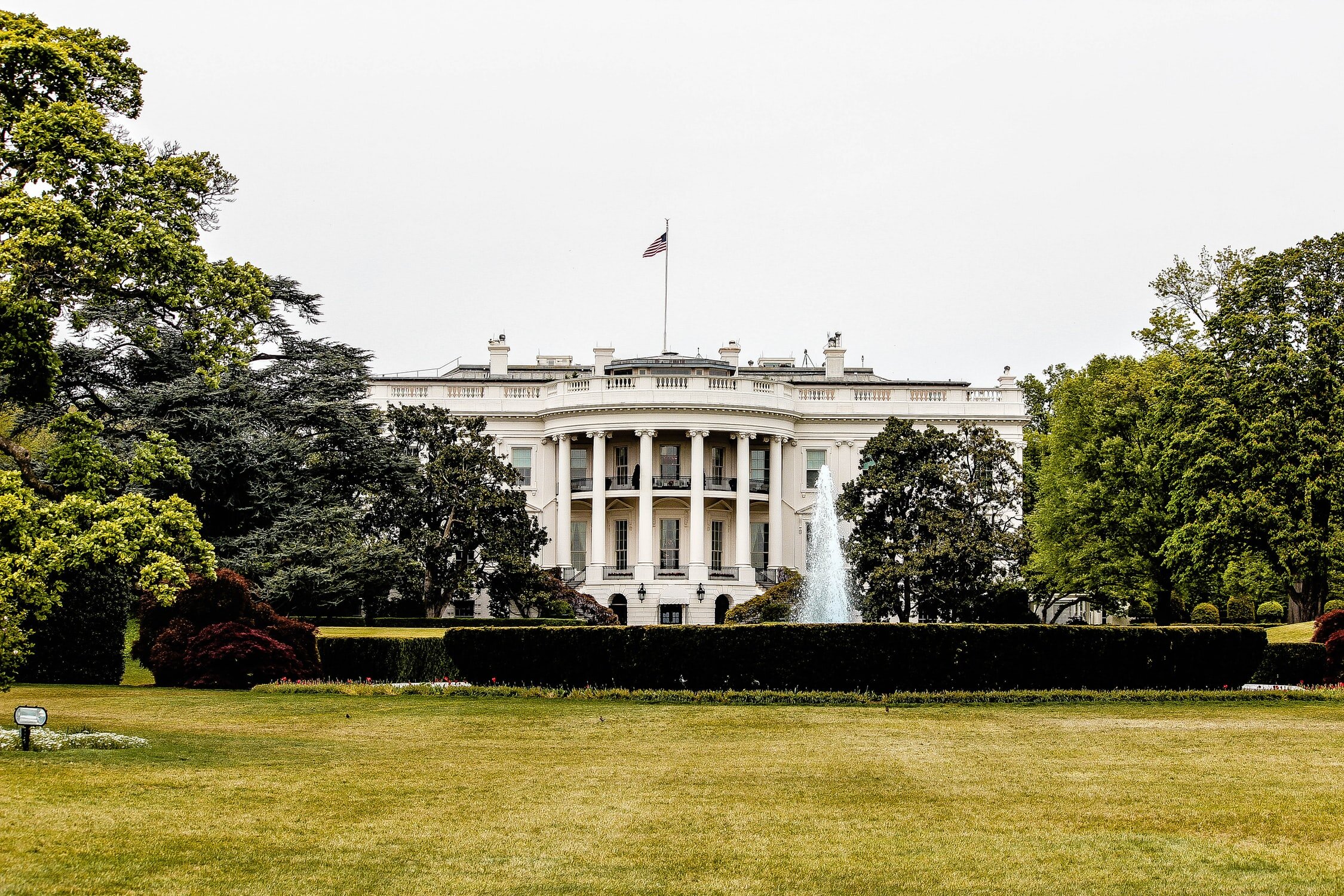
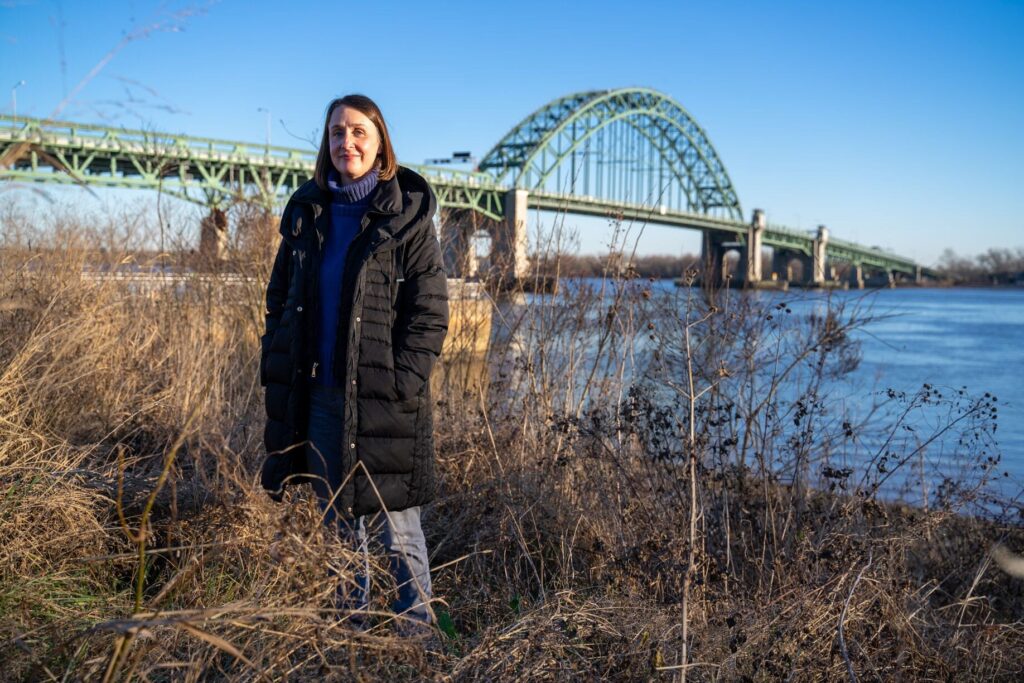

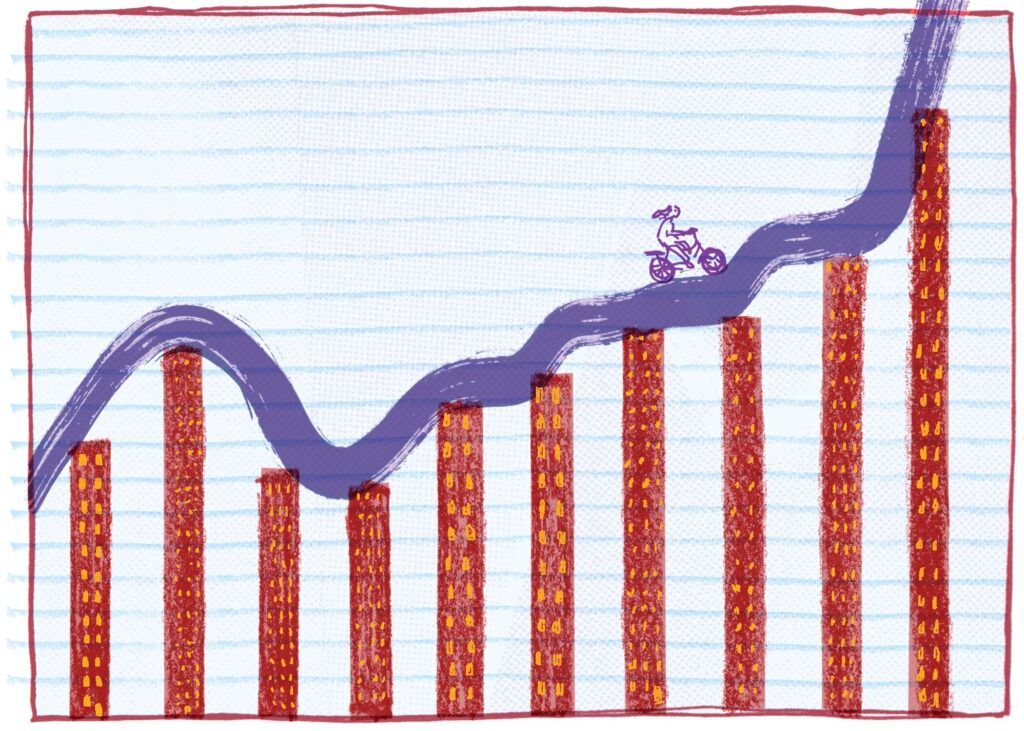
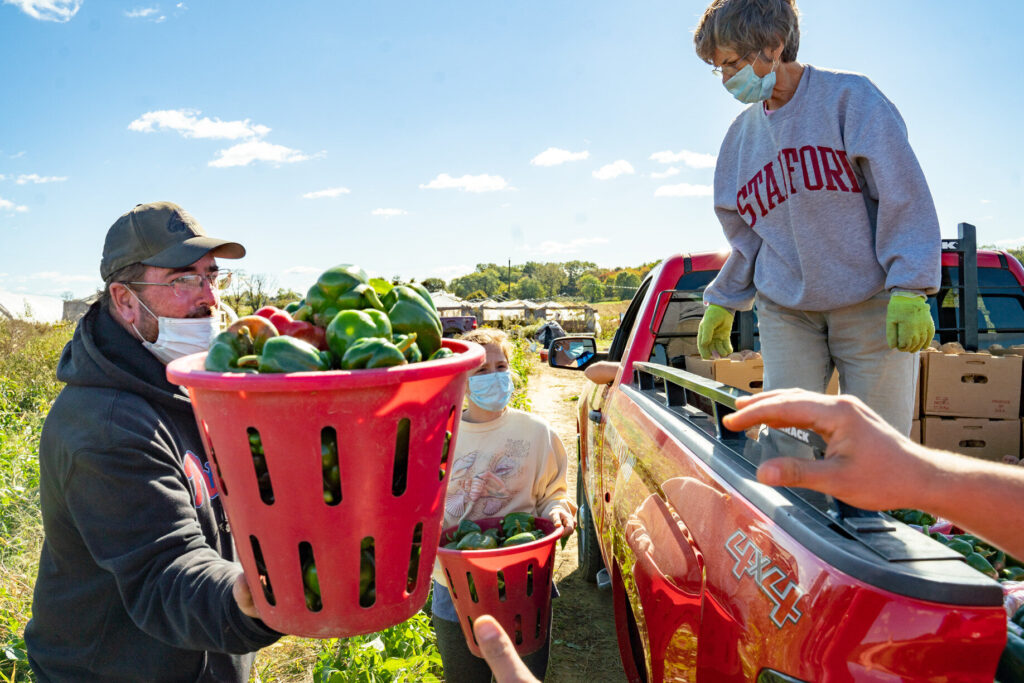
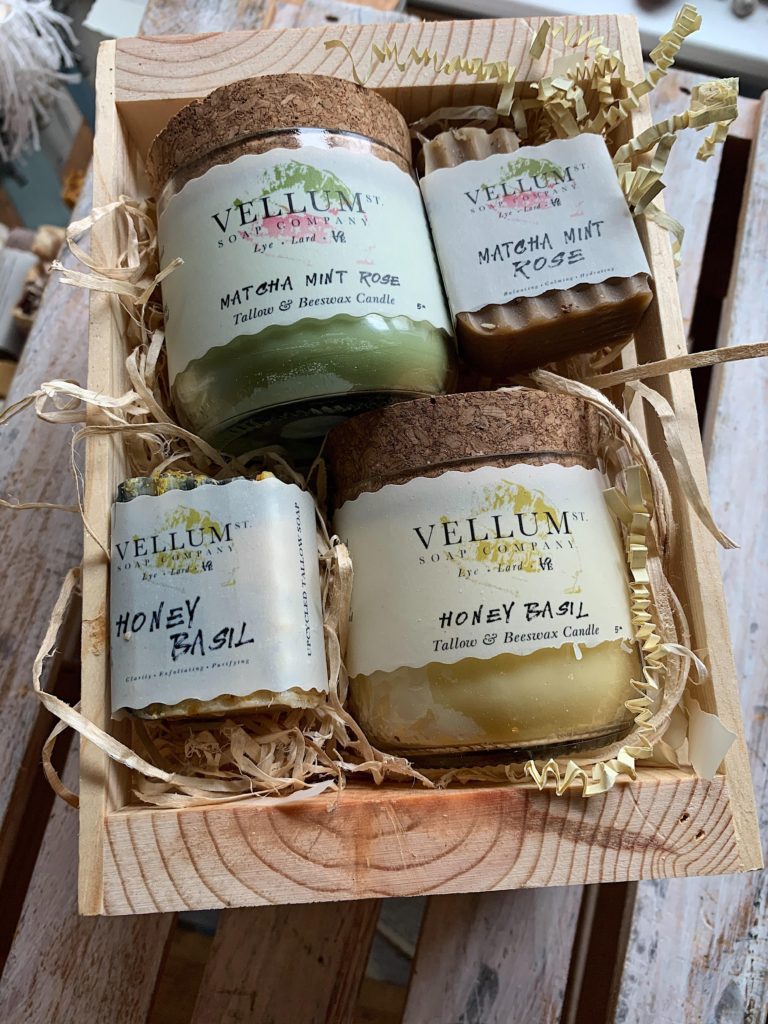
I pick up your magazine when I purchase my organic, hopefully herbicide, pesticide free food at Kimberton Whole foods. I read 2 articles that deeply disturbed me this month. I cannot believe you are promoting pesticides in this magazine. Children are being born with hundreds of toxic chemicals in their little bodies for years now. Some are even born with cancer. Many people are developing Multiple Chemical Sensitivity, such as myself, and we’re basically prisoners in our own homes, because we are forced to be poisoned by these chemicals and others for many years .I am on the pesticide registry list. If anyone sprays chemicals near me, they have to alert me ahead of time. It doesn’t change a thing. The government allows toxics like these, and in our food, chemicals that have been banned in more advanced countries for years. Anything that kills bugs or plants is toxic, period.
The US is one of the sickest nations in the world, thanks to our lax government who promote "sick care", not health care.